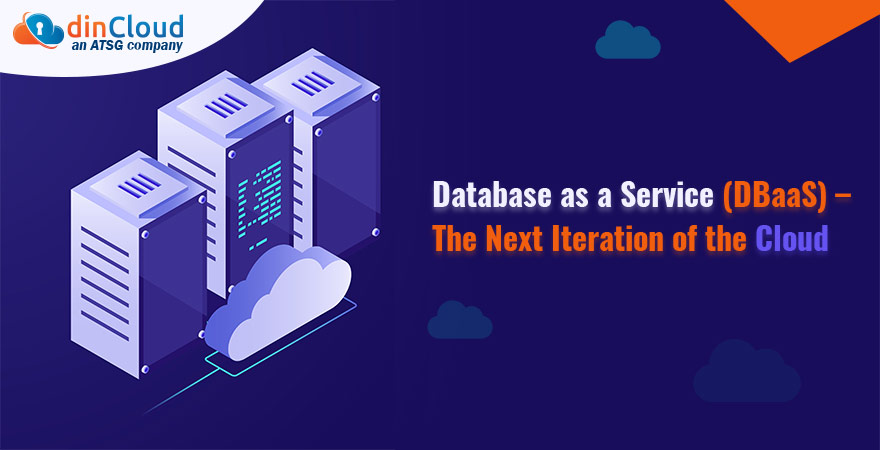Within the enterprise, data is growing at an exponential rate. Data is becoming such a prized commodity for businesses that they just cannot afford to lose it. Instead, most businesses prefer to leverage this data to extract more value and insights.
Data, if collected the proper way, not only gives valuable insights about existing customers, but also gives an overview of how the majority of consumers of a technology or solution are generally thinking. This enables enterprises to tap into new business development avenues.

However, there is an exorbitant cost to generating, sorting and processing of data. To make data management structured and logical, enterprises are relying on databases now, more than ever. Databases are an administrative nightmare of their own.
Related: How to Navigate a Cloud Based Disaster Recovery (DR) Strategy?
Data Growth Trends
According to Statista, a company that specializes in databases, an estimated 74 zettabytes of data will be generated over the course of year 2021 alone. By 2025, the volume of total data generated will be touching a mind boggling 180 zettabytes.
This sheer volume of data that is being generated means only one thing, databases are here to stay for the long haul. That is not all, rather databases will be playing an instrumental role in managing and developing customer relationships as well as value generation.
Related: Cloud Powered Drones Bedazzle Spectators across the Globe
Post Pandemic Outlook of Databases
The raging pandemic has had its own impact on how databases are created, stored and managed within the modern enterprise. With most employees still working remotely, there are multiple databases that are being generated and populated across the enterprise.
As a result, there is no monolithic platform over which these disparate databases are being created and managed. This in turn creates administrative challenges for database managers across the whole enterprise.
Most remote employees are working in silos, and the same situation exhibits itself over databases on a broader scale. This is exactly where the Cloud Computing model of Database as a Service (DBaaS) comes into play.
Managing Databases via Cloud DBaaS
Cloud Computing has been shining over the past eventful months, mainly because of the versatility, scalability and flexibility associated with it. So, it comes as little surprise that cloud computing has made its way into the domain of database management as well.
Now, let us highlight some of the major advantages of Database as a Service (DBaaS) model of managing databases hosted in the Cloud.
Related: How are the Cloud, Edge and AI Helping to Fight Fires?
Uniform Management Environment
This is one of those areas where cloud powered DBaaS really outshines its on-premise counterparts. Database managers have a single management environment to oversee, regardless of the number of databases that might be live within the enterprise.
Cost Efficient
If enterprises go for on-premise options to host and manage databases, they will constantly have to upgrade their hardware resources. In the case of DBaaS however, the Cloud Service Provider (CSP) like dinCloud will be delivering instant scalability on the fly.
Scaling down is yet another area where DBaaS favors the modern enterprise. Any additional cloud resources against databases that might not be required anymore can be de-provisioned, thus resulting in huge cost savings for the enterprise.
Related: CloudOps – A Rundown of Cloud Operations and Management
Processing Muscle
By hosting databases over the Cloud under the DBaaS model, deploying enterprises get one more trick up their sleeves, which is their ability to process vast databases. The immense processing muscle of the Cloud enables extraction of valuable business insights.
At the end of the day, it is the ability of an enterprise to extract actionable business insights from these databases that will justify their costs. On the customer end, an effective use of databases will result in much better customer experiences.
Conclusion
Given the exponential rise in the number and size of databases, they will remain highly relevant for businesses in the near future. So, it makes perfect business sense to shift databases over the Cloud, and avail the DBaaS model to the fullest.
If you are on the lookout for cloud hosted Database as a Service (DBaaS) solutions, look no further than dinCloud, which has a wide array of DBaaS offerings in store for you.
Get in touch with one of our Cloud Specialists for more details please, and they will be glad to assist you in any way possible.


